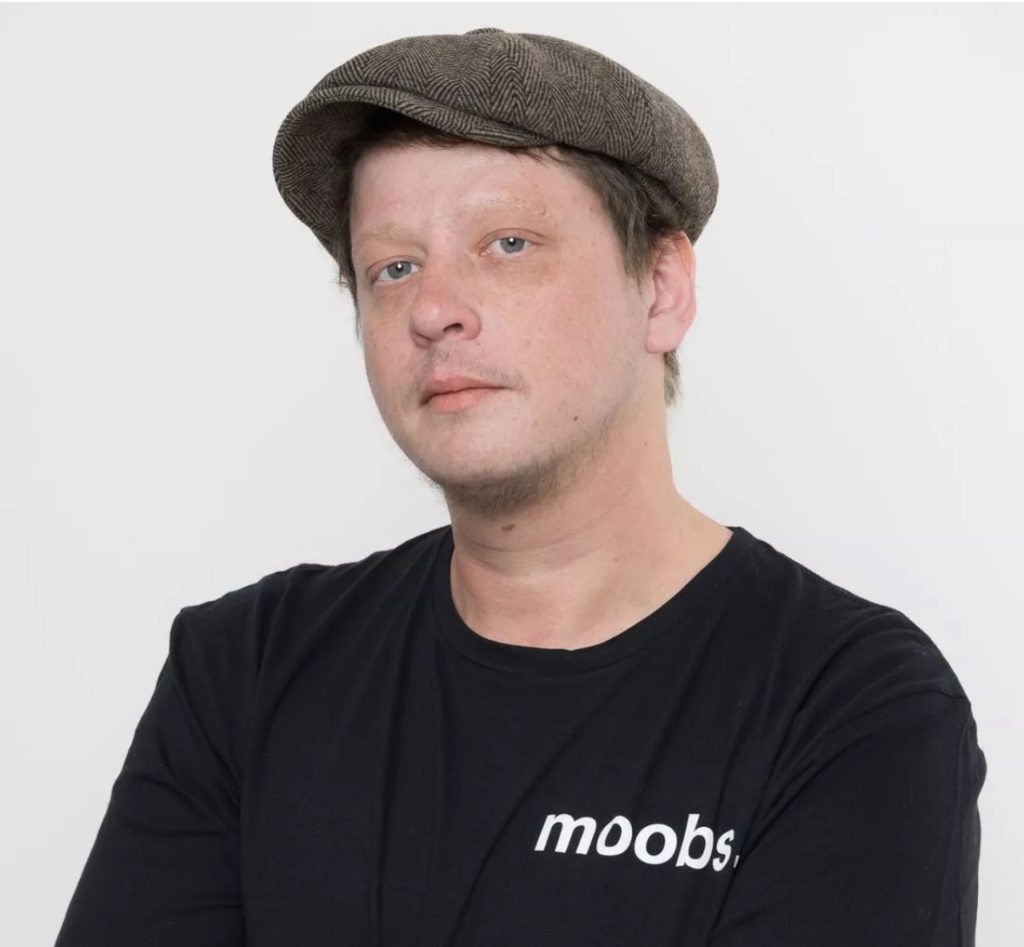February 23, 2023, after thinking nothing of a lump. It was a Thursday, and it was also the day that I found out that men could get breast cancer. Six weeks previously I had been sitting in my office in east London when I first discovered ‘the lump.’
Sitting in a meeting, I folded my arms and discovered a hard pea-like mass just next to my nipple. I would be lying if I said I was concerned, it’s something I didn’t consider.
I was 36, relatively healthy – and more importantly: a man, however, a chance conversation in the office kitchen got my mind wondering. “It probably isn’t cancerous, but you should get it checked,” a male colleague had told me – although it was still over four weeks before I booked a GP appointment.
If it weren’t for these words, I would probably be facing a very different future than I am now. Sitting in the car having received the news that I had stage-three breast cancer, I tried my best to see the funny side in the whole ordeal.
Flicking through the literature, I found it particularly amusing that I was advised to “wear a loose-fitting bra.” Sadly, this was an indication of what would come over the next eight months.
Cancer can be isolating enough, but without any tailored support for men suffering from what is perceived as ‘a female disease’, I soon found myself falling apart mentally. The following weeks facing my own mortality were the darkest.
Suicide was never far from my thoughts, and I was left with feelings of embarrassment and shame that of all the cancers to be diagnosed with, it had to be a “female” cancer. I found it tough to tell friends and family that I had breast cancer, keeping it to a very close circle to avoid the stigma; but was it my fault that I was feeling like this?
Breast cancer is the most common type of cancer in the UK, with 55,000 new diagnoses in women each year; however, often overlooked are the around 400 men diagnosed every 12 months. It is no surprise then that breast cancer is synonymous with women, but the iconography and language used around the disease are leading to a dangerous communication issue in which men are misled to believe they can’t get breast cancer.
It wasn’t long after receiving my diagnosis that treatment began. I would be undergoing eight cycles of chemotherapy, followed by a single mastectomy and then radiotherapy. I was told that my treatment plan could change if the cause of my breast cancer was genetic.
Lo and behold, after my first four sessions of chemotherapy, the results came back revealing it was due to a genetic mutation caused by BRAC2. This changed everything. And once again it was revealed to me how little is known in the wider community, including the medical profession, about male breast cancer.
This new twist in my journey meant longer, more intense chemotherapy but also that I would now need a double mastectomy – yet another blow to my already tattered mental health. Facing massive self-image issues, I tried researching statistics around male breast cancer caused by the BRAC gene to find none existed.
Having then spoken to a genetic expert, they revealed that the chances of a man developing secondary breast cancer in the other breast were minimal – my treatment had been based on the pathway of females suffering from the disease.
I knew at this point that something had to be done. I had already considered setting up an organization to raise awareness around male breast cancer, but this felt like a sign – I had to do this, and I had to do this now as more men could be facing unnecessary surgical procedures based on incorrect assumptions.
Being diagnosed with breast cancer had given me a new perspective on life: I was no longer going to sit back and put things off, whether it be going traveling, having new experiences, or setting up the UK’s first male breast cancer organization: moobs.
Whilst my prognosis now looks more positive than it did six months ago, I’m still going through treatment. It’s like riding a train to an unknown destination and whilst I hope for the best when it comes to the final outcome, this is still uncertain.
Like all cancers, if found early, the chances of survival are good; but with the mortality rate of men with breast cancer being 19% higher than that of women, more research and awareness are desperately needed.
Men: you can get breast cancer and if you find a lump, book a GP appointment – do not wait until it’s too late.

